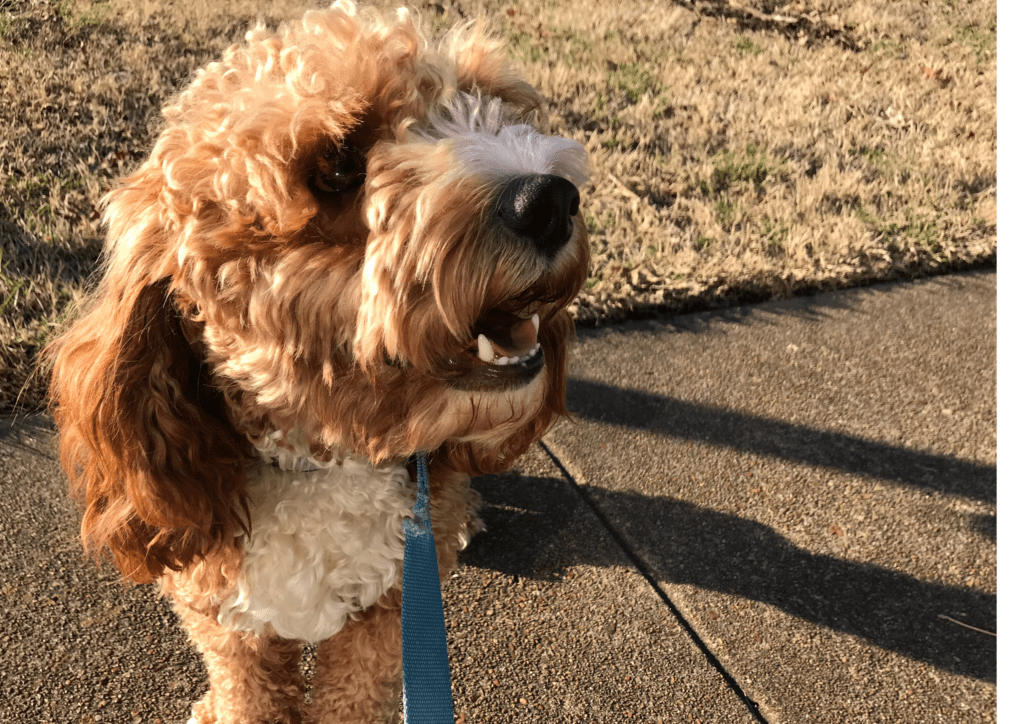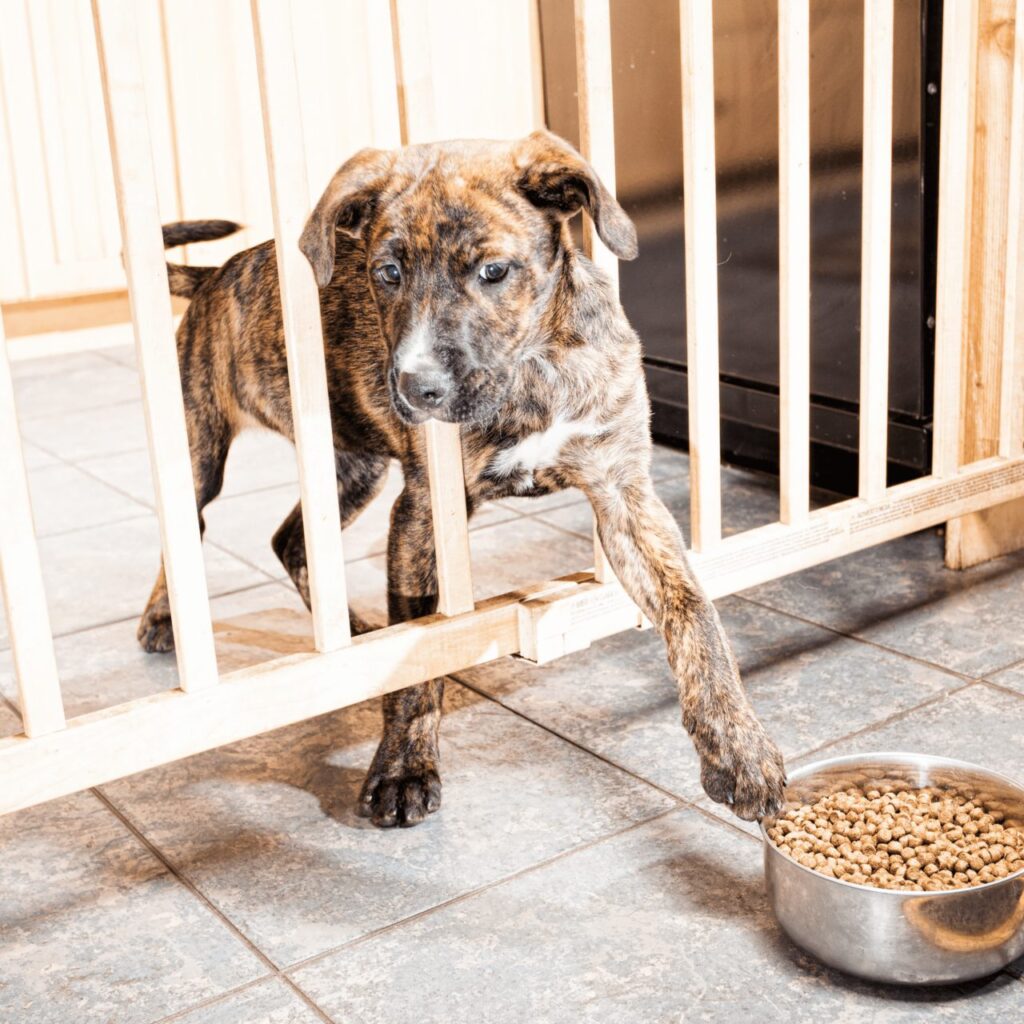
FREE Help I've Got A New Puppy Survival Guide
Sign up to our mailing list and we will give you all you need to know on making your first 7 days count. Includes sleep, feeding, toilet training, chewing and much more!
Recent posts
Blog categories
Search the blog
The Problem with Teenagers
Posted on 17th Feb 2023

Teenagers: love 'em or hate 'em, we have all been one.
I don't think I was a very pleasant one. Whilst I loved school, I really struggled with authority and feeling left out of stuff. My poor mum did not have an easy time with me!
Teenage dogs are no different. This period of their development can be really hard for owners to navigate and theres often increasing frustration from both sides, leading to friction in your relationship.
Let's have a quick explore of why your six to 18 month old dog may be a little on the challenging side:
A new brain
The shape of the adolescent brain is literally different to the shape of an adult brain. Old pathways are being replaced with new ones. Things are shifting and new connections are being formed in important areas such as body awareness, impulse control and problem solving.
Under the influence of sex hormones, your dogs' body will also change.
This period of change is one where dogs are working out where they fit in, how their behaviour influences others and how to become more aware of their bodies in time and space.
This results in more risk taking behaviours such as approaching unknown dogs. You will also see the conflict of your dog wanting more independence but also being fearful of things. Its important for us humans to be aware of sudden environmental changes and our dogs suspicion of unknown things.
So, you may see your dog running off more frequently, investigating more and roaming further from you but also spooking at things they have encountered before such as rubbish bins (or in my dogs case, manhole covers). It's all perfectly normal!
Challenging the rules is to be expected; we all did it right? And we probably look back and wonder what on earth were we thinking.
Human expectations and consistency
We've done the puppy classes, we've done the training right? Nope!
Adolescence is a time for more training, of reinforcing those rules and boundaries in a kind and gentle way.
Most people stop training now as they think the dog knows, I've trained him.
I hear this all the time : "he's knows what to do, he's so stubborn" or "he shouldn't need treats any more - he should do it because I said so".
But the truth is, they don't know. Their scrambled, conflicted brains need help and direction.
We need to re-find what motivates them and remain consistent ourselves.
Our lack of consistency is usually the single main cause of conflict that I see in adolescent dogs. Sometimes they can pull, sometimes they can't. From their perspective - sometimes humans ignore me when I jump up, sometimes they fuss me.
We need to get our act together if our dogs are going to learn what our hidden expectations are.
Stop putting your dog in situations where you know they are going to fail and then telling them off. It's not fair.
Sex and dogs and rock 'n' roll
Hormones make us do strange things. As our dogs start the process of reaching sexual maturity, they will look like they are zoning out, similar to what we were like when we became infatuated with someone, usually someone who didn't even know we existed.
You will see your dog sniffing more intently, perhaps humping, marking or even nesting.
Social relationships also change.
Behaviours that are tolerated by older dogs as puppy behaviours, will stop being tolerated once the scent of your dog (hormones plus pheromones) changes.
You will find your dog being "told off" by older dogs, and often in the case of entire males, having little scuffles. It can be scary for us humans to see but again, it is normal. Try to prevent your dog from running up to dogs and let them play more with you instead.
Growing pains
Adolescent bodies are changing fast. Our larger breed dogs are most visible in this respect. They can double in size in a few short months.
As your dog grows, their brains take time to adjust and there is often a period where they look really clumsy and uncoordinated as they adjust to learning where their bodies are in time and space. We call this proprioception.
You will see them do things like jump off objects too fast, not be able to stop when running and crashing into things, finding it hard to co-ordinate eye to mouth co-ordination.
Exercises that focuses on balance, like standing on blocks, sit to down and back up again and paws up can really help.
Other fun such as spin, go round and catch are great tricks to teach your dog at this stage of their development.
With your help and understanding, adolescence can be a really rewarding time as you see your brilliant, adult dog emerge on the other side. It can be a period of increased bonding as you set off to explore the world together.
Why not give our Tricks for Ten Course a go and learn ten new tricks in just ten days!
Email: clair@talktothepaw.io | Mobile: 07969 036789 | Privacy Policy




[…] © Talk to the Paw […]